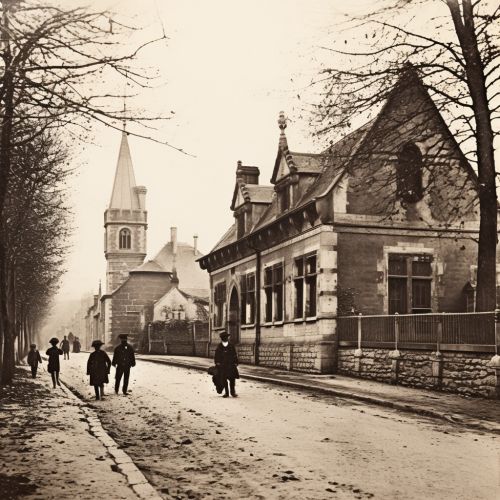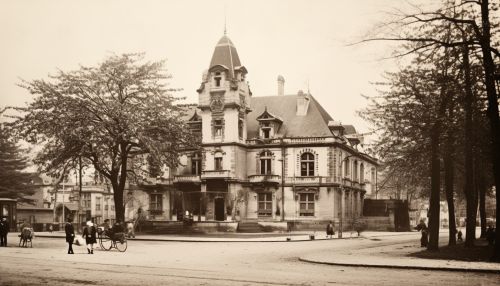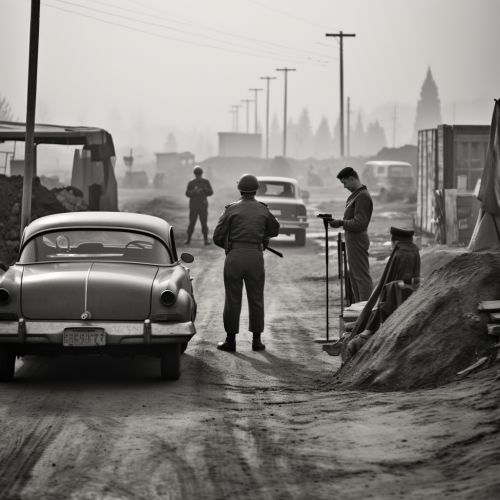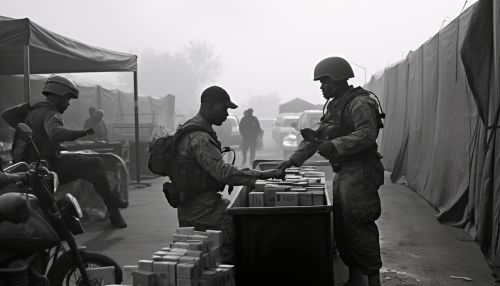Heinrich Himmler
Early Life
Heinrich Luitpold Himmler was born on October 7, 1900, in Munich, Bavaria, to a conservative middle-class Catholic family. His father, Gebhard Himmler, was a teacher and a devout Catholic, while his mother, Anna Maria Himmler (née Heyder), was a devout Roman Catholic and a strict disciplinarian. Himmler had two brothers, Gebhard Ludwig and Ernst Hermann.
Himmler's upbringing was strictly Catholic, and he attended a grammar school in Landshut, where he proved to be a good student, excelling in mathematics. He developed an interest in military history at a young age, often playing war games with his brothers.


Career in the Nazi Party
In August 1923, Himmler joined the Nazi Party, becoming party member number 14,303. He was initially given a role in the party's propaganda department, where he proved to be an effective speaker and organizer. In 1927, he was appointed deputy propaganda leader under Gregor Strasser.
In January 1929, Himmler was appointed Reichsführer of the Schutzstaffel (SS), a paramilitary organization under the Nazi Party. Under his leadership, the SS grew from a small paramilitary unit to one of the most powerful organizations in Nazi Germany.
Role in the Holocaust
As Reichsführer-SS, Himmler was one of the main architects of the Holocaust, responsible for the deaths of six million Jews. He oversaw the construction and operation of extermination camps, including Auschwitz-Birkenau, Treblinka, and Sobibor. Himmler's role in the Holocaust was characterized by a cold, bureaucratic efficiency, and a fanatical belief in Nazi racial ideology.
Post-War Capture and Death
Himmler attempted to negotiate peace with the Allies as Germany's defeat became imminent in 1945. However, his efforts were rejected, and he went into hiding. He was captured by British forces on May 22, 1945. On May 23, while in British custody, Himmler committed suicide by swallowing a cyanide capsule.


Legacy
Himmler's legacy is one of infamy. His name is synonymous with the atrocities of the Nazi regime, and he is considered one of history's greatest war criminals. Despite his death, the impact of his actions continues to be felt, and his role in the Holocaust remains a subject of extensive study and debate.
